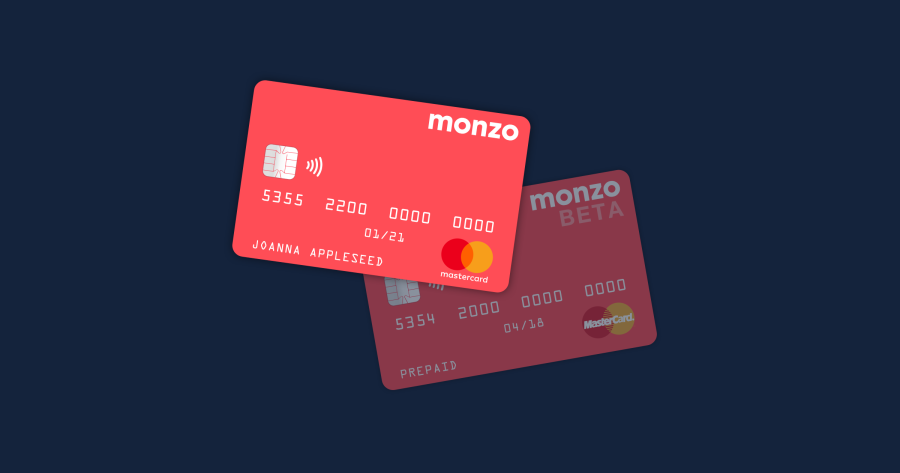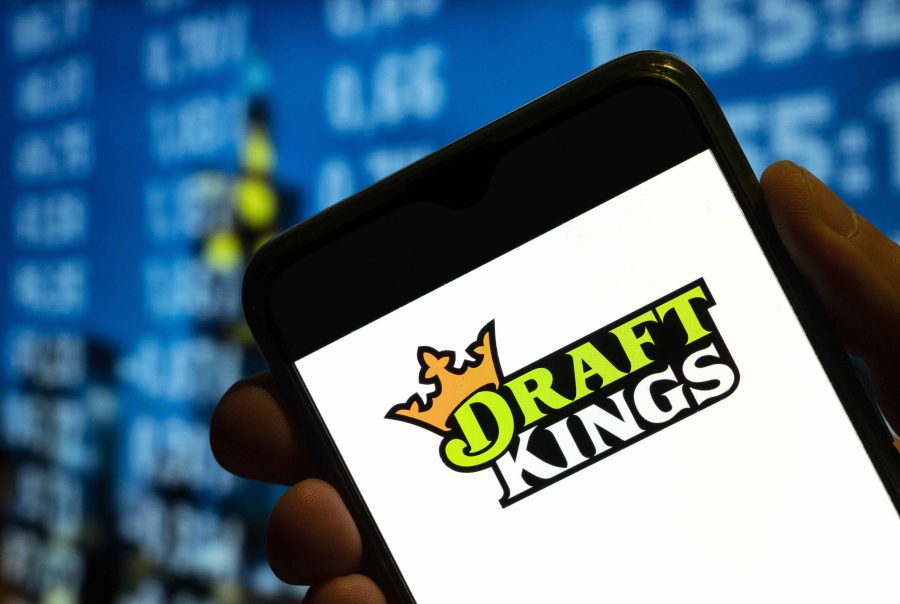Bitcoin halving is an event that takes place approximately every four years, or more precisely every 210,000 blocks. This event reduces the amount of new Bitcoin created and earned by miners by half. The halving is part of Bitcoin’s “monetary policy,” encoded in its software, to control inflation by reducing the rate at which new Bitcoin enters circulation.
How Bitcoin Halving Works
When Bitcoin was first introduced in 2009, the reward for miners was 50 Bitcoins per block. After the first halving in 2012, this reward was reduced to 25 Bitcoins per block. The second and third halvings, in 2016 and 2020 respectively, further reduced the reward to 12.5 and then 6.25 Bitcoins. This trend will continue until all 21 million Bitcoins have been mined, which is estimated to occur around the year 2140. After that, miners will be compensated with transaction fees.
Why Mine Bitcoin At All
Mining Bitcoin, a process where transactions are verified and added to the public ledger, called the blockchain, can offer several potential benefits. Here’s why someone would consider mining Bitcoin:
- Financial Rewards: One of the primary reasons individuals mine Bitcoin is for the potential financial rewards. Bitcoin miners are rewarded with Bitcoin itself. Given its value (hovering at roughly $25,000 currently per coin), even mining a fraction of a Bitcoin can yield a considerable financial return. The Bitcoin rewards can either be held as an investment (anticipating future price increases) or sold for immediate cash.
- Supporting the Bitcoin Network: Bitcoin mining plays an essential role in securing the Bitcoin network. The process of mining involves solving complex mathematical problems to validate transactions. This process ensures the integrity and security of the Bitcoin network, preventing double-spending and maintaining the decentralized nature of the system.
- Entry into the Cryptocurrency Space: Bitcoin mining offers an entry point into the broader cryptocurrency and blockchain technology world. It’s a hands-on method of learning about how blockchain technology works and understanding the intricacies of cryptocurrencies.
- Potential for Increased Value: If the price of Bitcoin rises, miners could make substantial profits. When Bitcoin’s price increases, the value of the rewards also increases. Given the historical performance and growing mainstream acceptance of Bitcoin, some miners choose to hold onto their coins with the hope that they will be worth more in the future.
- Independent Income: For those willing to invest in the necessary hardware and who have access to cheap electricity, Bitcoin mining can be a form of independent income. Once the initial investment in equipment is covered, miners can continue earning Bitcoin as long as they can cover the ongoing costs of electricity.
- Advancement in Tech Knowledge: Mining Bitcoin can be a fascinating hobby for tech enthusiasts. It provides the opportunity to learn about advanced computer hardware, software, and networking.
However, it’s crucial to note that Bitcoin mining is not for everyone. It requires substantial upfront investment in specialized hardware, and the cost of electricity can be high. Moreover, the difficulty of mining Bitcoin increases over time, meaning that the potential rewards decrease unless you continually upgrade your equipment. Therefore, it’s important to research thoroughly and understand the financial and technical implications before embarking on a Bitcoin mining venture.
Why Bitcoin Halving Occurs
Bitcoin halving serves several key purposes:
- Controlled Supply and Scarcity: Bitcoin’s inventor, Satoshi Nakamoto, designed Bitcoin with a maximum supply of 21 million coins to maintain its scarcity, mimicking the supply rate of commodities like gold. Halving ensures the steady, predictable release of new Bitcoins into the economy.
- Inflation Control: By reducing the rate at which new Bitcoins are created, halving controls inflation. The decrease in supply can increase demand, potentially driving up the price. This deflationary measure distinguishes Bitcoin from traditional fiat currencies, which often depreciate over time due to inflation.
- Miner Incentives: Miners play a critical role in maintaining and securing the Bitcoin network. The block reward, though periodically halved, provides an incentive for miners to continue their work. Over time, as the block reward decreases, transaction fees become a more significant portion of miners’ income, ensuring the network’s long-term sustainability.
The Implications
Bitcoin halving can significantly impact the cryptocurrency’s price and the broader crypto economy. In the past, halvings have often led to price increases due to the reduced supply of new coins and increased demand. However, these events also introduce uncertainty, as the reduced mining reward can lead to decreased mining activity if miners find the endeavor less profitable.
For Bitcoin holders, halving represents a moment of potential opportunity but also risk. Predicting how the market will react to a halving event is challenging. While there’s often excitement leading up to the event, the actual price response can vary.
From the perspective of a new Bitcoin user, here are some considerations for the upcoming Bitcoin halving in 2024:
- Understanding the Mechanism: The first step is to comprehend what Bitcoin halving means and its potential impacts on the Bitcoin market. This event is designed to keep Bitcoin inflation in check by halving the reward that miners receive for adding new transactions to the blockchain.
- Market Expectations: Historically, Bitcoin halving events have led to significant price increases due to the reduced supply of new Bitcoins. However, remember that past performance is not an indicator of future results, and the effect of the next halving is not certain.
- Timing: If you’re considering buying Bitcoin, think about when you want to make your purchase. Some investors believe that buying before the halving can lead to substantial profits, while others prefer to wait until after the event, anticipating a potential drop in price due to sell-offs.
- Security: As a new Bitcoin user, ensuring the safety of your investment should be a priority. Make sure to store your Bitcoin in a secure wallet and enable all possible security measures, such as two-factor authentication.
- Long-term Perspective: Consider Bitcoin as a long-term investment rather than a get-rich-quick scheme. The value of Bitcoin can be quite volatile, and it’s essential to be prepared for significant price fluctuations.
- Diversification: While the upcoming halving might present potential opportunities, it’s wise to diversify your investment portfolio. Don’t put all your eggs in one basket, as the saying goes.










